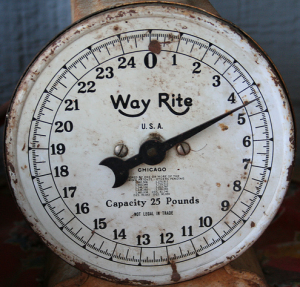Category: GPA
-

College Transfer Q&A: I Didn’t Do Well My First Semester. Do I Still Have a Shot at Transferring?
Question: I’ve just finished my first year of college, and I’m looking to transfer, either as a sophomore in the spring semester or a junior in the following fall semester. The problem is that I did really poorly my first semester. I didn’t get good grades. But in my second semester, I worked really hard…
-

Your Transfer Application: the Complete Breakdown
Here’s a breakdown of all the items any student (whether coming from a community college or a four-year school) may need to apply to transfer. The major exception to these guidelines are community college students interested in transferring to a public university in their own state. Those students should check out our state transfer guides,…
-

College Transfer Admission Criteria: What’s a “Good” GPA?
This question was inspired by an email we received from a reader. So, what GPA do you need to get if you’re applying to transfer? The obvious answer is “get all As (and maybe even shoot for A pluses) so that the school you apply to will have no excuse to reject you.” Of course,…
-

The Transfer Application: Is My High School or College Record Given More Weight?
Here are the highlights of an email we received: I am currently a freshman at Rutgers University in New Brunswick (NJ). Needless to say, I am unhappy. I am a student with a great amount of potential. In high school, I was one of seven students in my graduating class to have taken six AP…
-

Transferring Colleges: Three Ways to Overcome a Weak High School GPA
The question: How can I overcome a weak high school GPA if I want to transfer to a school with high academic standards? My high school transcript was pretty weak for the school that I was shooting to transfer to. I got Cs in two math courses, and Bs in a host of others (even…